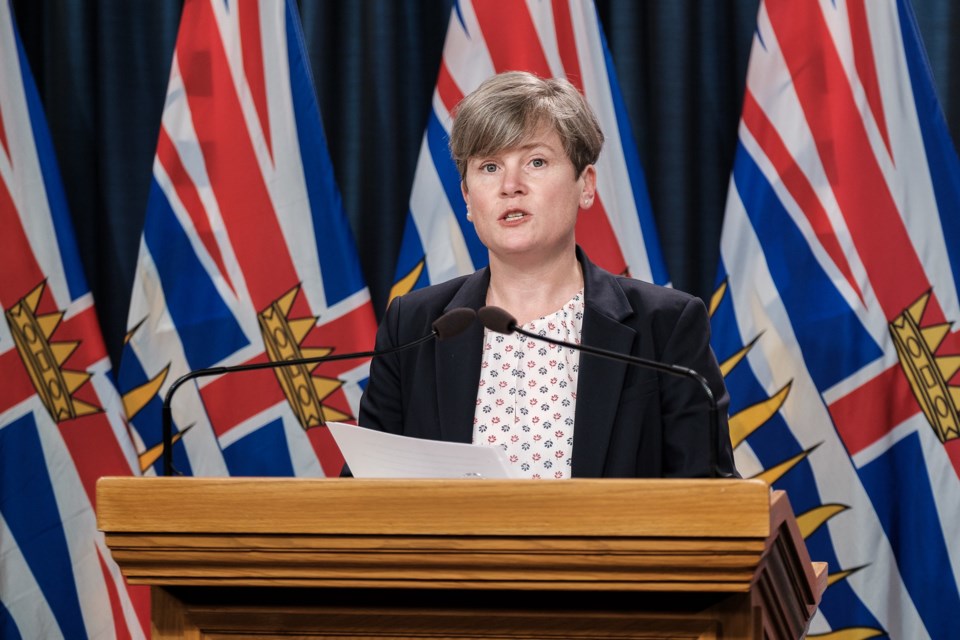If you’re ever in trouble for royally screwing up at work, try this neat trick: Don’t admit you did anything wrong, just look your boss straight in the eye and tell them you are taking bold action to strengthen your role while providing yourself more tools to crack down on bad actors in your workplace.
Oops — sorry, didn’t mean to get you fired.
Turns out that special mixture of impertinent gall and stubborn blamelessness doesn’t work so well in the real world.
Politicians, though, operate in a different kind of world. One where the B.C. government could roll back its safe supply program this week, after downplaying two years of concerns that its lack of safeguards was fuelling criminal drug traffickers, and still get away with saying this:
“The Province is taking action to prevent the diversion of prescribed opioids and hold bad actors accountable for putting people and communities at risk.”
Who exactly is the NDP “taking action” against, you might ask? Itself.
It was the New Democrat administration that crafted the unwitnessed safe supply policy during COVID-19, downplayed any suggestion diversion of government drugs was happening, ridiculed critics as fear mongers, stifled police, gaslit the public, shamed anyone who stepped forward with contrary information, and only finally, after a leaked internal document this month confirmed the program was fuelling organized crime, reluctantly made the change — all while still criticizing the anonymous whistleblower who leaked the report that finally confirmed the truth.
Taking action indeed.
“We have taken action consistently,” Health Minister Josie Osborne told reporters. “And we will continue to monitor, to learn and to adapt that as we need to.”
It is the second major reversal of progressive drug policies in the last 10 months, after the government functionally cancelled its decriminalization experiment in April.
There, too, New Democrats followed a similar script of deny and downplay, until street disorder reached such a boil that the government issued this press release:
“B.C. is taking action to make illicit drug use illegal in all public spaces, including inside hospitals, on transit and in parks,” it read.
“It's part of several new measures introduced by the province, focused on providing police with more tools to address public safety while offering support and access to treatment for people living with addictions.”
But who made illicit drug use in public spaces legal in the first place? And who took away all those police tools? The exact same government, 12 months prior.
If anyone other than politicians tried such nonsensical wordplay, they’d be laughed out of the room.
A plumber can’t botch a sink installation, flood an entire house and return later to say they are “taking action” to strengthen the piping system as part of new measures to improve sink services for the homeowners.
A roofer can’t walk away with a homeowner’s ladder and then return it after complaints by saying they are “taking action” to “provide more tools” to the homeowner.
No, real people who make real mistakes have to admit it. They say it out loud. And then they apologize and try to make it right.
Only politicians think they can skip this step. They are surrounded by strategists who tell them apologizing looks weak, and wordsmiths who tell them they can write away their mistakes.
The result is a steadily diminishing trust in politics.
Which is why, despite two major reversals in under a year on drug policies, this government will be hard-pressed to get out from under criticism over how it handled both decriminalization and safe supply.
Rob Shaw has spent more than 17 years covering B.C. politics, now reporting for CHEK News and writing for Glacier Media. He is the co-author of the national bestselling book A Matter of Confidence, host of the weekly podcast Political Capital, and a regular guest on CBC Radio.





